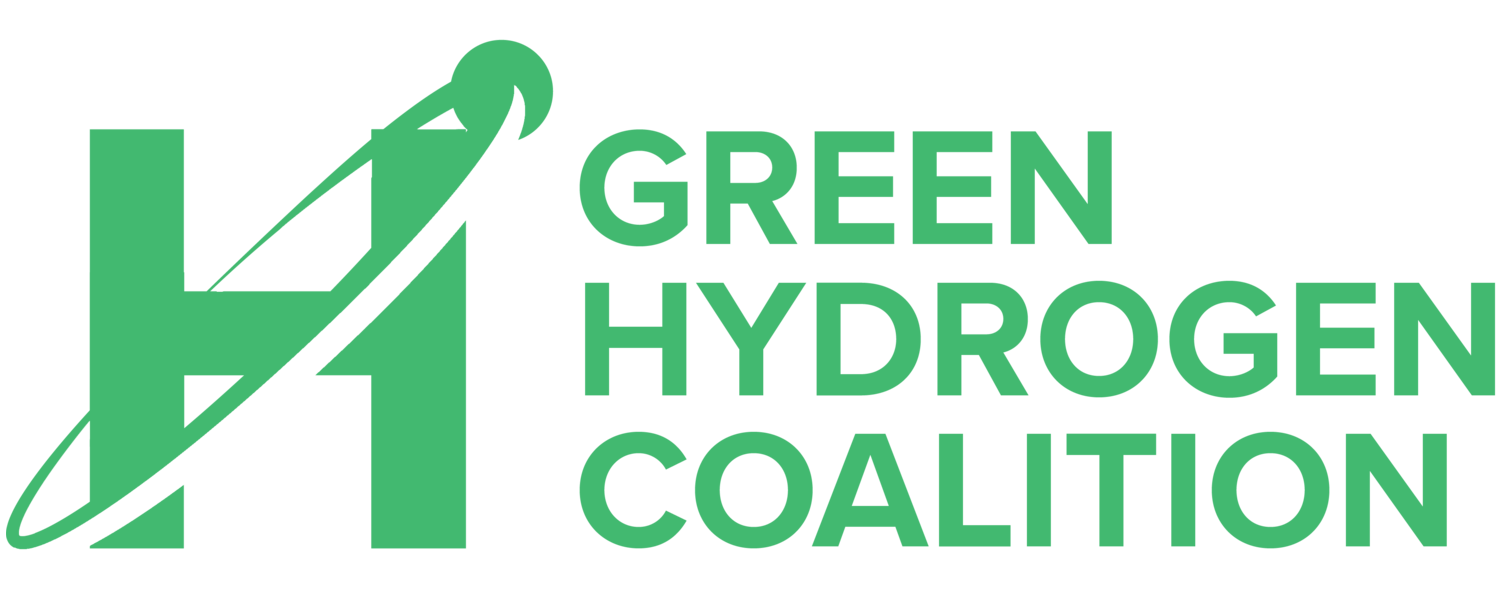Maximize your experience with the GHC by
Completing the onboarding checklist
Exploring all the Donor portal can offer
Learning about GHC and all the active initiatives
1. Onboarding Checklist
Company logo was sent to GHC team and is now listed on the GHC Supporter page
Company was introduced at a Monthly Momentum and Policy Call
All colleagues have signed up for the GHC Donor Portal, are listed in GHC’s internal donor distribution list, and receive meeting invitations and communications (Individuals who are not not signed up for the portal will not receive GHC communications or invitations)
Please contact Vicky Tran at vtran@ghcoalition.org for any onboarding issues or concerns.
2. Explore the Donor Portal
This Portal provides GHC supporters with the following content:
Meeting Materials - access slide decks and/or documents from previous meetings
Educational Resources - learn more about green hydrogen production, storage, transportation, and more
Supporter Directory - network with representatives from fellow GHC donor companies
3. Overview of the GHC and Initiatives
The Green Hydrogen Coalition (GHC) is a 501(c)(3) nonprofit focused on advancing green hydrogen adoption at scale to accelerate the transition to a carbon-free energy system. Our core work focuses on three main areas: education, coalition building, and market development through our policy and regulatory work. Please review the GHC Prospectus for more information.
The GHC holds several meetings through which donors can engage:
1) Bimonthly Momentum Call
Open to all GHC Donors
Receive updates on GHC initiatives and a high-level overview of recent and upcoming hydrogen policy and market developments.
Network with new and existing GHC supporters
Share your company’s updates to the GHC community
2) Policy and Regulatory Working Group
Open to Champion and Visionary Circles
Receive regulatory market intelligence updates
Deep dive on pressing policy or regulatory topics
Provide input on strategies that inform the GHC’s advocacy efforts
In addition to GHC Core work, the GHC leads initiatives that focus on education, policy, and commercialization efforts that will accelerate North America’s green hydrogen market.

